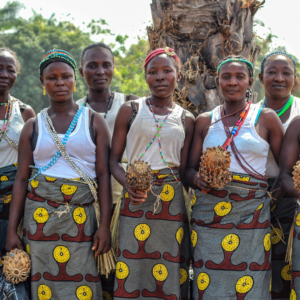UN experts have expressed serious concern over a surge in human rights violations in Burundi, particularly in the context of the 2025 election period. Attacks against civil society, political opponents, and citizens have been reported, highlighting a climate of intimidation and impunity. Between January 2024 and May 2025, civil society organizations documented at least 200 cases of sexual violence—including child rape—58 enforced disappearances, 62 acts of torture, 892 arbitrary detentions, and 605 extrajudicial executions. These abuses were allegedly committed by state agents or individuals acting with their complicity, including members of the National Intelligence Service, the ruling party’s youth militia Imbonerakure, or through “mob justice.”
The experts condemned the use of these violations to intimidate the population for the ruling party’s benefit, emphasizing the urgent need to provide survivors—especially women and girls—with access to comprehensive sexual and reproductive health services and psychological support. They also highlighted the lack of government response to these concerns and criticized Burundi’s refusal to cooperate with the UN Special Rapporteur and the Office of the High Commissioner for Human Rights, which remains closed in the country.
In June 2025, the ruling CNDD-FDD party won all National Assembly seats with 96% of the votes, alongside near-total control of communal seats. Leading up to the elections, reports indicated forced voter registration, coerced payments, and threats or arbitrary seizures targeting those who did not comply. Journalists, human rights defenders, political opponents, and even their relatives faced abductions, arbitrary detention, and harassment, creating a climate of fear and severely restricting civic space.
The experts stressed that without respect for rights and protections for human rights defenders, civil society, and journalists, elections cannot be considered free and fair. They recalled the 2021 Commission of Inquiry on Burundi, which warned that systematic and widespread violations during electoral periods may constitute crimes against humanity under international law. The abduction of journalist Aline Sandra Muhoza exemplifies the ongoing threats to independent voices, underscoring the urgent need for the government to prevent abuses, investigate perpetrators, and provide justice and remedies to victims.
This situation reflects a deeply concerning erosion of democratic space in Burundi, with serious implications for the integrity of the 2025 elections and the protection of fundamental human rights.






